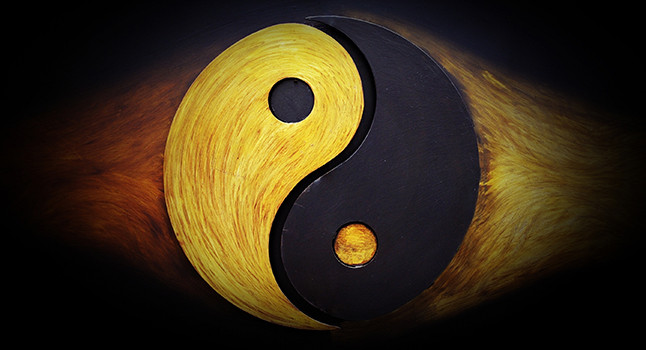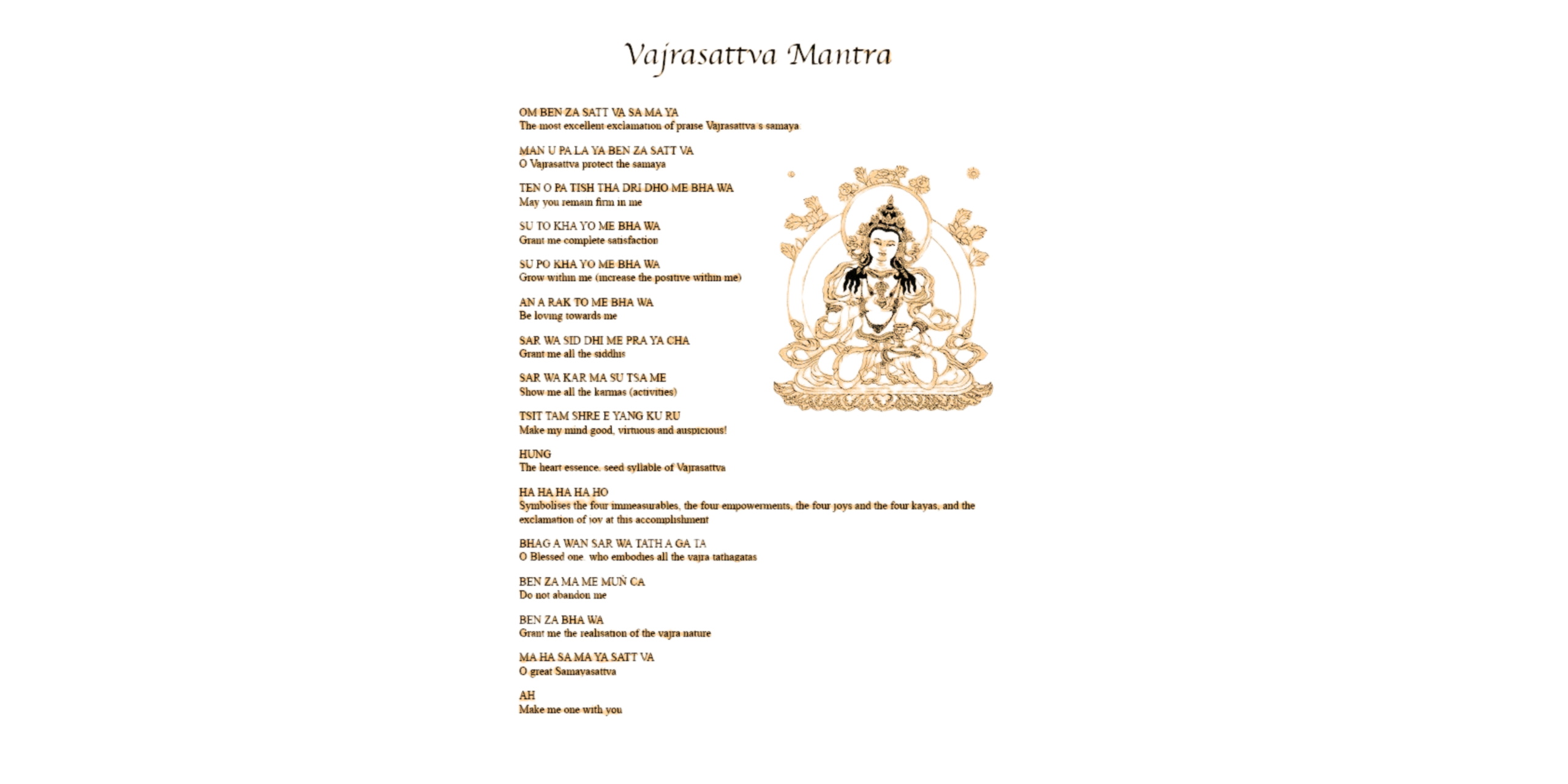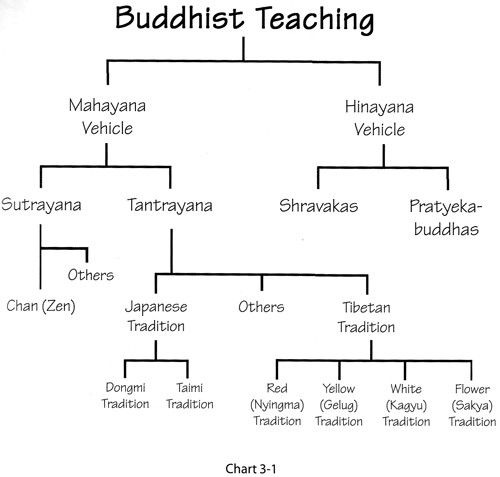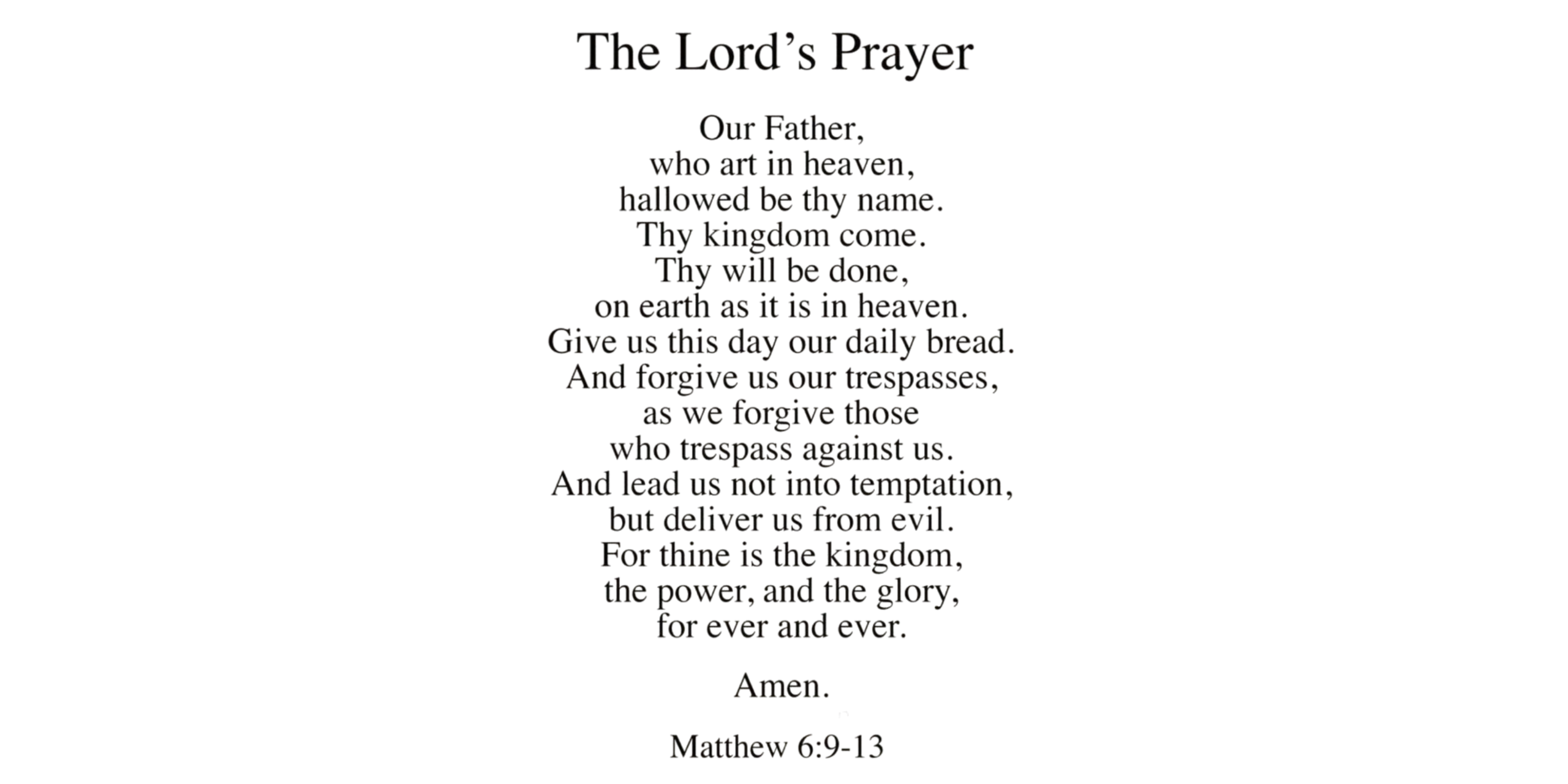The Law of Karma is often described as a universal balance sheet of actions and effects. In simple terms, it means that every action (and even thought) has consequences: what we put out into the world eventually comes back to us. As one description puts it, karma is “the spiritual principle of cause and effect” – “an action is always accompanied by its consequences”
In other words, every choice, kind word, or careless deed plants a seed. Over time, those seeds ripen into results we must face. It’s a bit like Newton’s Third Law in life: “for every action, there is an equal and opposite reaction” Imagine a cosmic balance, like the yin-yang above, quietly keeping everything in equilibrium.
This isn’t about a vengeful universe, but about natural feedback. As a writer notes, the law of karma is impartial and universal: it doesn’t pick favorites or grant exceptions. Whether we call it karma, cause and effect, or simply what goes around comes around, the idea is the same. We create much of our own future by our present actions.
In fact, even the old proverb “as you sow, so you shall reap” captures the essence of karma. (and famously a lesson in the Bhagavad Gita) reminds us that life tends to mirror back what we put into it. Understanding this can be a gentle reminder to act with care and mindfulness.
“Karmaṇy-evādhikāras te mā phaleṣhu kadāchana |
Mā karma-phala-hetur bhūr mā te saṅgo ‘stv akarmaṇi”
(Bhagavad Gita 2.47)
Translation:
“You have a right to perform your prescribed duties, but you are not entitled to the fruits of your actions. Never consider yourself to be the cause of the results of your activities, and never be attached to not doing your duty.”
This verse teaches that our actions matter, and though we should act without obsession over the results, those actions still shape our lives. The Gita emphasizes mindfulness, intention, and non-attachment, which aligns with the proverb’s message about actions and consequences.
Karma Across Traditions and Beliefs
Although often associated with Hinduism and Buddhism, karma is really a universal idea found in many spiritual traditions. Its roots are in ancient Sanskrit teachings, but the notion of moral cause and effect appears around the world. For example, classical Indian philosophy sees karma as linking past, present, and future in one continuous flow. In these traditions, every thought or deed contributes to a “karmic tapestry” that shapes our experiences. Buddhism, Jainism, Sikhism and even Taoist thought touch on similar themes: good actions bring good consequences (dharma or merit), and harmful actions bring suffering (adharma or demerit).
In modern wellness language, karma often just means mindful cause and effect: kind acts tend to nurture kinder environments around us, while hurtful acts tend to create more suffering later. This sense of personal responsibility spans cultures: for example, African and Native American proverbs also speak of how one’s actions shape their destiny.
Importantly, karma is not the same as blind fate or predestination. It’s not a cosmic plan written in stone. Instead, it highlights personal agency. In each moment, we can choose how we act. These choices then build up. As a contemporary guide explains, karma isn’t only about the past – it’s an ongoing process happening right now. That means we are constantly shaping our future by what we do today. Even if past mistakes have caused problems, the present still offers a chance to “influence the impact of past actions” in a positive way. In this view, karma can be empowering: it reminds us that even small positive changes now can redirect our life’s path.
The Principle of Cause and Effect
Karma boils down to simple cause-and-effect. Think of the image above: one bold CAUSE sets off countless effects radiating outward. In life, every intentional step we take can trigger a ripple. A kind word may brighten someone’s day (and spread goodwill back to you), just as a careless lie can sow trouble (and eventually rebound on the speaker). “Every action we take,” one teacher writes, “is like a little seed we plant,” and eventually the “seed will ripen and we will have to face the result of our actions”.
In practical terms, this means paying attention to our choices. Quick reactions, harsh words, and selfish shortcuts might seem harmless at the moment, but they build up consequences (sometimes slowly, sometimes suddenly). Conversely, even small acts of generosity, kindness, or honesty contribute positive energy that can return to us in time. This isn’t mystical or scary – it’s commonsense turned spiritual. As a modern article puts it, karma is “the law of cause and effect in the realm of human life”. When we internalize this, it can shift our outlook. We start to ask, “Is this choice contributing to the life I want?”
In many traditions, karma is also tied to the idea of cycles or “wheels.” For instance, Hindu and Buddhist teachings speak of a “Wheel of Karma” where past actions influence present circumstances, and present actions influence future lives. Even if you don’t frame things in terms of past or future lives, the metaphor still applies: life has a cyclical or ripple effect. A missed opportunity or a tough break might be seen as the echo of earlier actions, and overcoming challenges now will influence what happens next. But again, the key takeaway is about responsibility and potential – our actions always matter.
Karma also has a strong ethical dimension. It’s often thought of not only as cause-and-effect, but as moral causality. In other words, the intention behind an action counts too. If two people throw trash on the ground, one out of careless laziness and another accidentally, the karmic outcome is believed to differ – good or bad karma isn’t just the act, but the intention. In practice, this teaches compassion for others’ mistakes and honesty about our motives. It reminds us to check in: Am I acting with kindness, or anger, or fear? Our inner state becomes part of the karma we create.
Living with Karma Every Day
Consider a row of dominoes: tap the first tile and all the rest will eventually follow. This simple picture is a perfect metaphor for karma. Even the smallest push can set a chain reaction. In our daily lives, every choice we make is like pushing the first domino. Whether it’s how we speak to a colleague, the patience we show a family member, or the integrity we hold in a tough moment, each action leads to a series of consequences – some obvious, others unfolding over time. Realizing this can be both humbling and inspiring. It means small changes really do matter. It also means forgiveness – if someone is acting poorly, their karmic “dominoes” are in motion too, and that will come around.
If we take karma to heart, it invites practical changes in how we live. Here are some everyday tips that help good “karmic habits” form:
- Mindful Awareness: Start with self-awareness. Notice your thoughts and feelings in the moment. Regular meditation or quiet reflection trains the mind to stay present. Even a few minutes of breath-focused sitting each morning can help you move through the day more consciously. When you’re mindful, you can catch negative impulses (like impatience or frustration) before they spill out as harmful actions.
- Reflect and Learn: Make it a habit to look back on your day. Ask yourself: Where did I act from kindness? Where might I have been careless? One guide suggests acknowledging both your good deeds and your mistakes each evening. When you recognize an unkind word or an unconscious reaction, don’t judge yourself harshly – simply note it. Then think how you might “neutralize” the negative effect. Perhaps you apologize if needed, or remind yourself to do better next time. Learning from small daily mistakes helps “interrupt” negative cycles in the future.
- Cultivate Positivity: Focus on what you can do, rather than dwelling on setbacks. Train yourself to nurture positive intentions and thoughts. Gratitude is a powerful practice here. Spend a minute each day listing things you’re thankful for – this shifts attention away from anxiety or blame. When your mind leans toward kindness and appreciation, your actions follow suit. Small acts like holding the door, giving a genuine compliment, or volunteering time create positive energy. These “good seeds” tend to grow and circle back to you. As one source notes, positive thoughts and gratitude “lead to positive actions, creating a virtuous cycle”.
- Practice Kindness and Compassion: Remember that everyone is dealing with their own karma. Try to treat others (and yourself) with patience and understanding. Even simple gestures – a smile, a listening ear, a small favor – are expressions of positive karma. According to one guide, “small acts of kindness can have a profound impact, creating a ripple effect of positivity”. When you act kindly, you not only brighten someone else’s day; you strengthen your own well-being and invite kindness back into your life.
- Accept Responsibility: When things go wrong, look first at what you can do. Blaming others or circumstances gives up your power. Instead, own your part honestly. If you hurt someone, apologize sincerely. If you made a mistake at work, find a solution. Taking responsibility is a form of good karma in itself. It shows you’re committed to growth. Over time, people will trust you more, and you’ll trust yourself more. As one writer puts it, karma isn’t just reward and punishment; it’s how we learn and evolve with our choices.
- Stay Calm and Present: Stress and anger can make us act impulsively, creating unwanted karma. Practice pausing before reacting. Deep breaths, short walks, or focusing on the present task can help calm the mind. By cultivating inner peace, you’re less likely to lash out or make rash decisions. According to mindfulness teachings, responding to challenges with wisdom (rather than impulsive emotion) prevents negative karma. Essentially, the calmer you stay, the more likely your actions will stay positive.
Over time, these habits build on each other. Like planting a garden, consistent effort yields a more peaceful, purposeful life. And we shouldn’t think of karma only in big moments – it’s about the little choices too. Paying attention as you speak, sharing resources generously, treating people fairly, and even listening more than talking all contribute to a good “karmic bank account.”
Reflection and Wisdom from Karma
Looking at the law of karma through a universal lens, we see it as a guide for mindful living rather than dogma. It invites us to be aware of the web of actions we’re weaving every day. The sages emphasize that we do “create our own realities” – our kindness and diligence carve a reality of trust and reward, while anger and deceit tend to isolate and unsettle us. This isn’t mystical; it aligns with everyday experience.
Importantly, karma is not a fixed judgment. If you feel weighed down by past missteps, remember that the present moment always offers a new choice. You can plant fresh seeds of goodness today. The idea that “we can influence the impact of past actions” by acting well now means there’s always hope for change. It’s a lot like budgeting: if your “life account” is negative in one area, you can deposit positive actions now to balance it out.
Thinking about karma can also deepen compassion. Knowing we all make mistakes, and that those mistakes come back around, can foster empathy for others. It reminds us that negative reactions usually hurt the doer as much as the target. In that sense, forgiveness is both a kindness and a smart karmic move: letting go of anger frees you from continuing a negative cycle.
Above all, karma encourages integrity. When we remember that nothing we do is truly wasted – good or bad actions have consequences – it motivates honesty. The fairness of karma (its impartiality) means it’s best not to cut corners. Justice in this sense isn’t imposed from outside; it arises naturally. As one description notes, karma is “impartial” and “unbiased”, so the universe doesn’t need enforcers. We enforce our own experiences with how we live.
Finally, the calming insight of karma is this: we are connected. Each of our actions touches others, creating an invisible network of cause and effect. By aiming to light up that network with kindness, responsibility, and awareness, we not only help ourselves but help weave a better world. The law of karma, in its quiet way, calls us to grow into thoughtful, compassionate people. As the saying goes, the seeds we plant today will someday be the fruits we harvest.
Key Takeaways: Karma teaches us that our actions and intentions shape our experiences. It’s a universal reminder to be mindful of what we “sow.” By practicing awareness, kindness, gratitude, and accountability, we can nurture positive outcomes in our lives. Every small choice matters – and even small acts of goodness can ripple out into something much larger.
Practical Tips: To live in harmony with karma, try daily mindfulness (even a few deep breaths between tasks), honest self-reflection at day’s end, and small acts of compassion (a kind word, a helping hand). Keep a gratitude journal or simply note things you appreciate. When challenges arise, pause and choose a wise response. Remember that each day is a fresh opportunity to plant new seeds. Over time, these habits will guide you toward a more peaceful, purposeful life.
The Gentle Power of Karma
The Law of Karma is not about punishment or reward it’s about awareness. It’s about understanding that every word we speak, every thought we nurture, every action we take, sets something into motion. Life isn’t random. It listens, reflects, and returns what we offer.
When we begin to live with this awareness, our lives naturally shift. We start acting with more intention, more kindness, more clarity. And slowly, the energy we put out begins to circle back quietly, gently, but powerfully.
You don’t have to be perfect. Just begin. With one kind thought. One conscious breath. One mindful action.
If this spoke to something within you, we invite you to explore more. At Masi Wellness, we blend spiritual wisdom with grounded, everyday practices to help you connect deeper with yourself and the world around you.
Whether you’re just starting your journey or deepening your path, we’re here to support you one peaceful step at a time.
Visit masiwellness.com to discover soulful resources, gentle guidance, and a like-hearted community.







